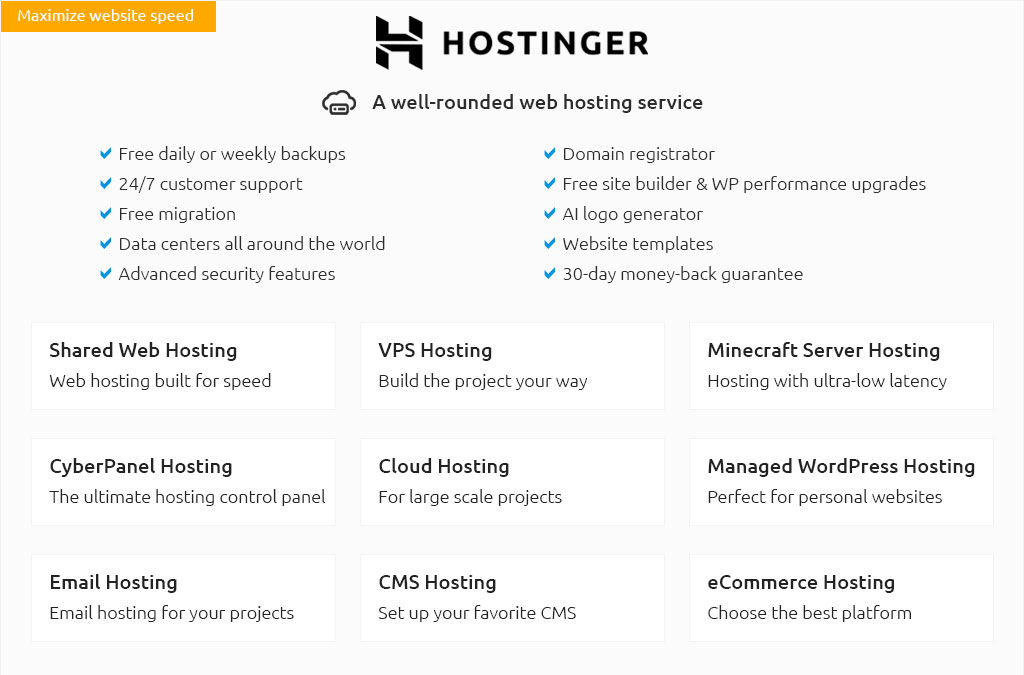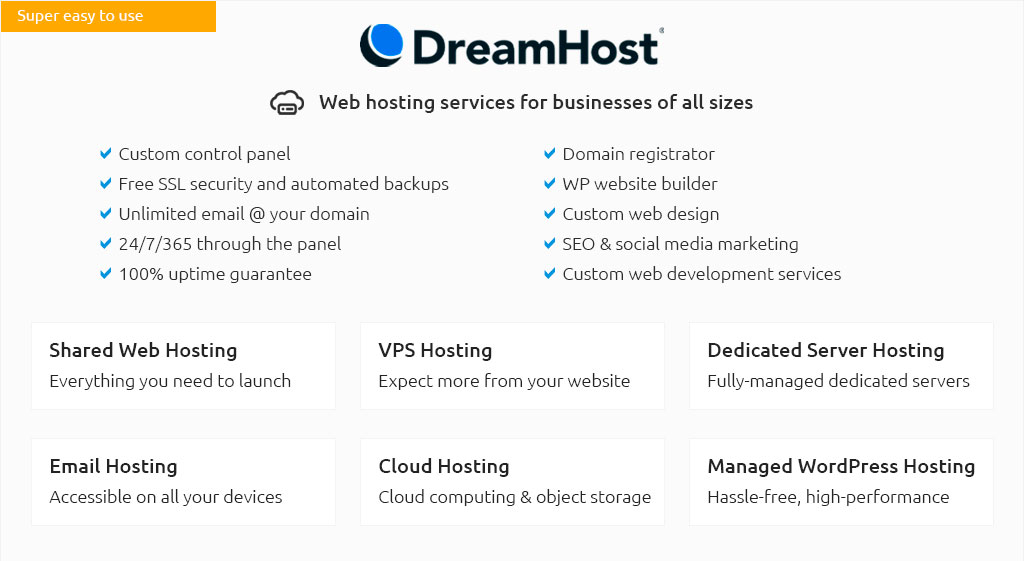 |
|||
 |
 |
 |
|
 |
|
 |
 |
 |
|||
 |
|||
 |
|||
 |
|||
 |
 |
Understanding Virtual Hosting: A Comprehensive GuideIn today's rapidly evolving digital landscape, virtual hosting has become a cornerstone for businesses and individuals looking to establish a formidable online presence. The concept, though seemingly complex, is fundamentally about hosting multiple domain names on a single server. This approach not only optimizes resource utilization but also significantly reduces costs, making it a popular choice for startups and established enterprises alike. At its core, virtual hosting comes in two flavors: name-based and IP-based. With name-based virtual hosting, multiple websites can share a single IP address, a strategy that is particularly beneficial when IP addresses are in short supply. Conversely, IP-based hosting assigns a unique IP address to each domain, offering enhanced security and customization options. For instance, companies dealing with sensitive customer data might prefer IP-based hosting to bolster their security protocols. The benefits of virtual hosting extend beyond mere cost-effectiveness. By leveraging virtual hosting, businesses can enjoy a seamless scalability that aligns with their growth trajectories. Consider a burgeoning e-commerce platform; as traffic surges, virtual hosting allows for the swift allocation of additional resources without the need for physical hardware adjustments. This agility is invaluable in maintaining site performance and customer satisfaction. Yet, like any technology, virtual hosting is not without its challenges. One must navigate potential pitfalls such as server downtime and performance bottlenecks. Here, choosing a reliable hosting provider becomes paramount. The market offers a plethora of options, from industry giants like Amazon Web Services and Google Cloud to specialized providers focusing on niche markets. Each comes with its own set of features, pricing, and support levels, necessitating a thorough evaluation before commitment.
Ultimately, the decision to use virtual hosting should be guided by specific needs and objectives. For small to medium-sized businesses aiming for cost efficiency without sacrificing performance, virtual hosting presents an ideal solution. Conversely, for enterprises with complex requirements, a hybrid approach that combines virtual hosting with dedicated servers might be more appropriate. In conclusion, understanding the intricacies of virtual hosting empowers users to make informed decisions, ensuring that their digital endeavors are both sustainable and scalable. https://www.geeksforgeeks.org/virtual-hosting-works/
Virtual web hosting sets your website in a secure container with dedicated resource allocation such as CPU power, network bandwidth, memory, etc. https://httpd.apache.org/docs/2.4/vhosts/
Below is a list of documentation pages which explain all details of virtual host support in Apache HTTP Server.
|